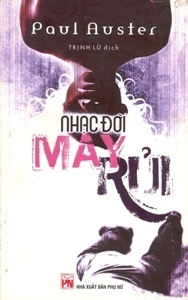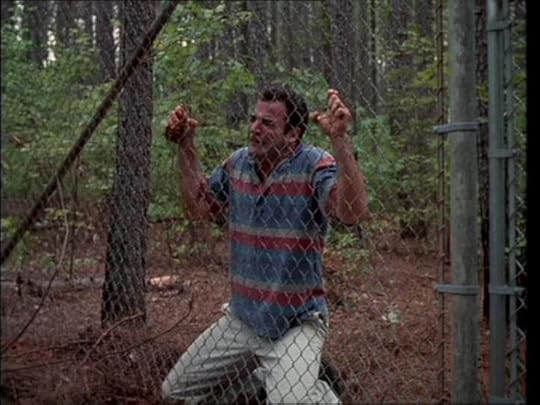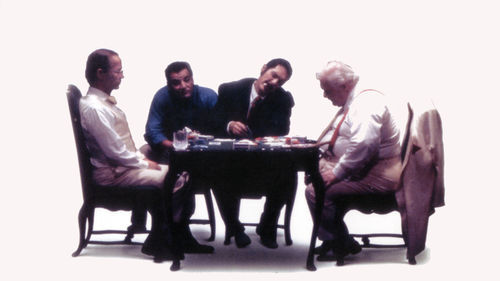What do you think?
Rate this book


336 pages, Bìa mềm
First published January 1, 1990








"Nine times out of ten, I'm going to come out on top. It's like a law of nature...
"Once your luck starts to roll, there's not a damn thing that can stop it. It's like the whole world suddenly falls into place...you sit there watching yourself perform miracles. It doesn't really have anything to do with you anymore."
"We had everything in harmony. We’d come to the point where everything was turning into music for us, and then you have to go upstairs and smash all the instruments. You tampered with the universe, my friend, and once a man does that, he's got to pay the price."
"A threat of punishment seemed to hang in the air – as if this were a city at war with itself, struggling to mend its ways before the prophets came to announce the arrival of a murderous, avenging God."
"As long as they kept on working, the work was going to make them free." ("Arbeit Macht Frei.")
"He was more cut off from the world than ever before, and there were times when he could feel something collapsing inside him, as if the ground he stood on were gradually giving way, crumbling under the pressure of his loneliness."

Nashe almost began to welcome pain, to feel ennobled by it. He felt like a man who had finally had the courage to put a bullet through his head--but in this case it was not death, it was life, it was the explosion that triggers the birth of new worlds. He just walked out, climbed into his car & was gone.Rather quixotically, he picks up a hitchhiker, a would-be, high-stakes gambler named Jack Pozzi, who had just been beaten up in the midst of a poker game. They throw in their lot together & go in pursuit of two oddly paired men, Flower & Stone, who have recently gained a fortune by winning a lottery sweepstakes via a ticket they shared. Word has it that the lottery winners like to gamble & seem ready to be fleeced.
As long as he was driving, he carried no burdens, was unencumbered by even the slightest particle of his former life. Memories no longer seemed to bring the old anguish. Perhaps the endless tapes of Bach, Mozart & Verdi that he listened to while sitting behind the wheel had something to do with that, as if the sounds were somehow emanating from him, drenching the landscape, turning the visible world into a reflection of his own thoughts, the music carrying him into a realm of weightlessness.

